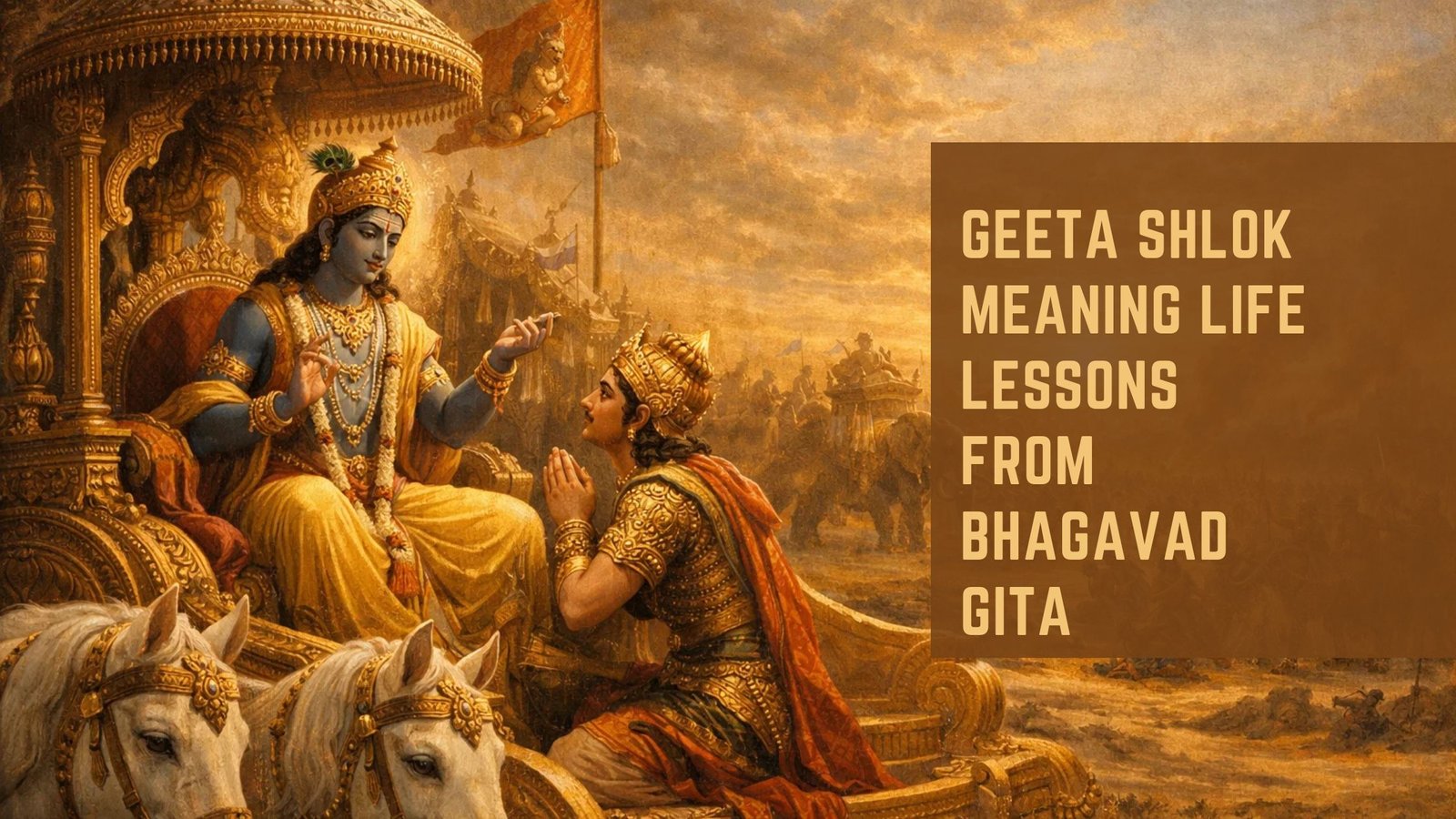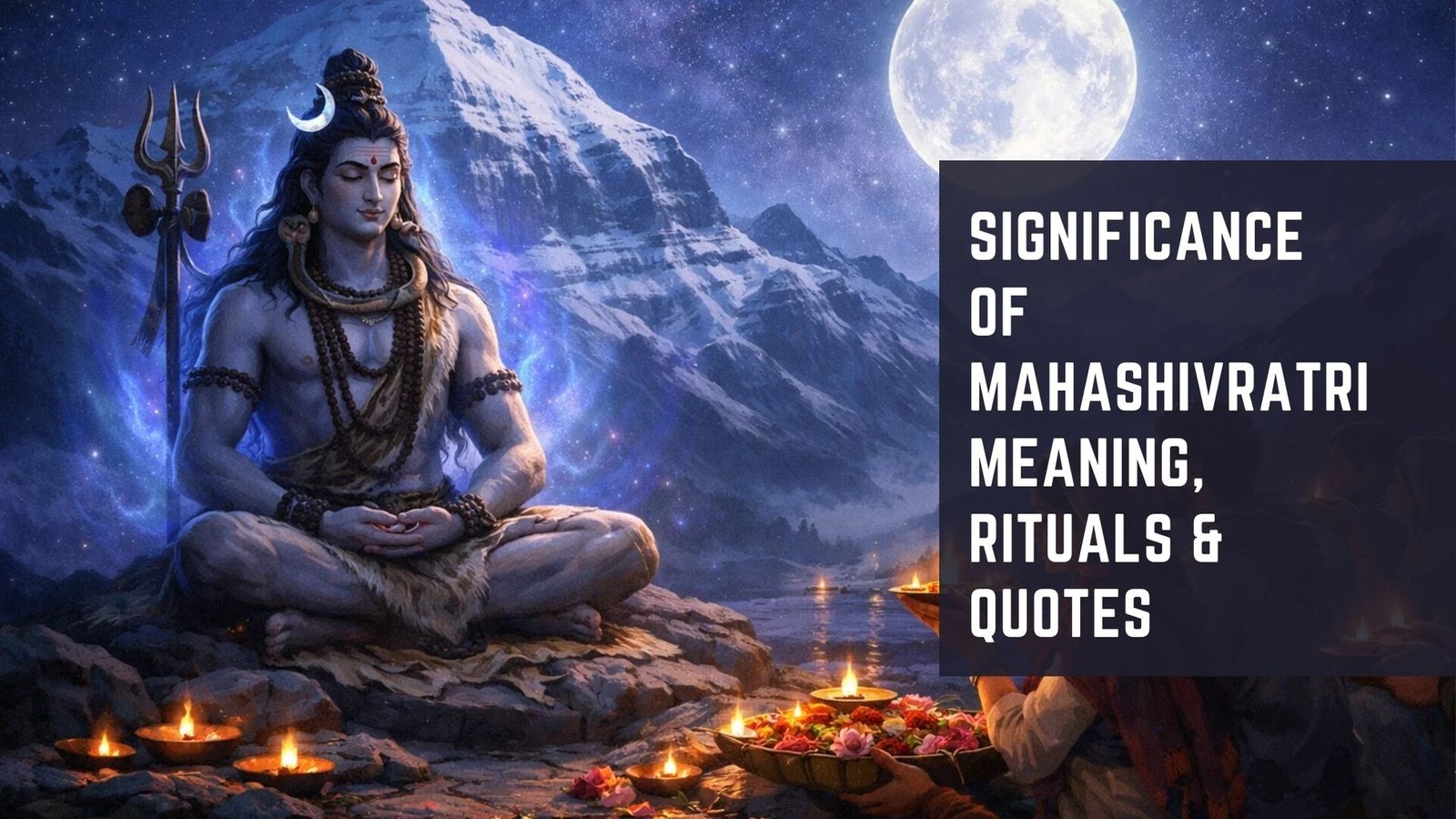The Bhagavad Gita, a revered text within Hindu philosophy, serves as a profound guide to understanding the complexities of life, duty, and spirituality. Among its many verses, Chapter 8, Verse 14 stands out for its deep insights into the nature of existence and the eternal truths that govern it. This verse encapsulates the essence of devotion and the significance of remembering the divine at the time of death.
It emphasizes the importance of a focused mind and unwavering faith in God, which are essential for attaining liberation. The teachings of this verse resonate with individuals seeking clarity in their spiritual journey, offering a pathway to transcend the material world and connect with the eternal. In this verse, Lord Krishna imparts wisdom to Arjuna, who is grappling with his responsibilities as a warrior.
The dialogue between them unfolds against the backdrop of a great battle, symbolizing the inner conflicts that every individual faces. The Gita’s teachings extend beyond the battlefield, addressing universal themes of life, death, and the pursuit of truth. As readers delve into Bhagavad Gita 8:14, they are invited to explore the profound implications of eternal truth and the soul’s journey toward liberation.
Key Takeaways
- The Bhagavad Gita 8:14 introduces the concept of the Eternal Truth, emphasizing its significance in spiritual teachings.
- Understanding the Eternal Truth involves recognizing the timeless and unchanging nature of reality, beyond the transient material world.
- Bhagavad Gita 8:14 highlights the importance of realizing the Eternal Truth as a path to spiritual enlightenment and liberation.
- According to Bhagavad Gita 8:14, the soul is eternal and transcends the cycle of birth and death, existing beyond the physical body.
- The path to realizing the Eternal Truth involves self-realization, meditation, and living a life aligned with spiritual principles.
Understanding the concept of the Eternal Truth
The concept of Eternal Truth in the Bhagavad Gita transcends temporal realities and material existence. It refers to an unchanging reality that exists beyond the physical realm, embodying the essence of divinity and ultimate knowledge. This truth is not merely an abstract idea; it is a living reality that can be experienced through spiritual practice and devotion.
The Gita teaches that understanding this truth is essential for achieving liberation from the cycle of birth and death, known as samsara. Eternal Truth encompasses various dimensions, including the nature of the soul, the universe, and the divine. It invites individuals to look beyond their immediate experiences and recognize their connection to a greater whole.
In this context, the soul is seen as eternal and indestructible, while the material world is transient and ever-changing. By grasping this distinction, individuals can cultivate a deeper understanding of their purpose and place within the cosmos. The pursuit of Eternal Truth encourages seekers to engage in self-inquiry and reflection, ultimately leading them toward enlightenment.
Exploring the significance of Bhagavad Gita 8:14

Bhagavad Gita 8:14 holds immense significance as it encapsulates key themes of devotion, remembrance, and the nature of reality. The verse states that those who remember God at the time of death will attain Him, highlighting the importance of maintaining a connection with the divine throughout one’s life. This teaching underscores that one’s final moments are crucial; they can determine the soul’s trajectory in its next incarnation.
The verse serves as a reminder that cultivating a spiritual practice is essential for preparing for life’s ultimate transition. Moreover, this verse emphasizes the power of unwavering devotion. It suggests that a steadfast focus on God can lead to liberation from worldly attachments and suffering.
In a world filled with distractions and uncertainties, Bhagavad Gita 8:14 encourages individuals to anchor themselves in their faith. By doing so, they can navigate life’s challenges with grace and resilience. The significance of this verse extends beyond its immediate context; it offers timeless wisdom applicable to anyone seeking spiritual growth and understanding.
The eternal nature of the soul according to Bhagavad Gita 8:14
| Aspect | Description |
|---|---|
| Eternal Nature | The soul is described as eternal in the Bhagavad Gita 8:14, meaning it is not subject to birth and death. |
| Immortality | According to the verse, the soul is indestructible, implying its immortality. |
| Transcendental Existence | The soul is said to exist beyond the material world, indicating its transcendental nature. |
| Unchanging Essence | It is suggested that the soul remains unchanged despite the changes in the physical body. |
In Bhagavad Gita 8:14, Lord Krishna elucidates the eternal nature of the soul, asserting that it is imperishable and transcends physical existence. This teaching is foundational to understanding one’s true identity beyond the body and mind. The soul is described as indestructible, unaffected by birth or death, and existing in a state of perpetual consciousness.
This perspective invites individuals to recognize their inherent divinity and eternal essence. The recognition of the soul’s eternal nature fosters a sense of peace and acceptance regarding life’s impermanence. When individuals understand that they are not merely their physical bodies but rather eternal beings on a spiritual journey, they can approach life with greater equanimity.
This awareness encourages them to detach from material possessions and transient experiences, focusing instead on nurturing their spiritual growth. By internalizing this teaching from Bhagavad Gita 8:14, individuals can cultivate a deeper sense of purpose and fulfillment in their lives.
The path to realizing the Eternal Truth
Realizing the Eternal Truth requires dedication, introspection, and a commitment to spiritual practice. The Bhagavad Gita outlines various paths to achieve this realization, including devotion (bhakti), knowledge (jnana), and disciplined action (karma). Each path offers unique insights and methods for connecting with the divine and understanding one’s true nature.
However, all paths converge on the fundamental principle of surrendering to God and recognizing His presence in all aspects of life. Meditation plays a crucial role in this journey toward realizing Eternal Truth. Through meditation, individuals can quiet their minds, allowing them to connect with their inner selves and experience moments of profound clarity.
This practice fosters self-awareness and helps individuals discern between fleeting thoughts and their eternal essence. Additionally, engaging in selfless service (seva) can deepen one’s understanding of interconnectedness and compassion, further guiding them toward realizing the Eternal Truth.
Applying the teachings of Bhagavad Gita 8:14 in daily life

Cultivating Mindfulness in Everyday Activities
One way to apply these teachings is by cultivating mindfulness in everyday activities. By remaining present and aware of one’s thoughts and actions, individuals can create a deeper connection with their inner selves and maintain focus on their spiritual goals.
Reinforcing Connection with God through Regular Practices
Additionally, incorporating regular practices such as prayer or meditation into daily routines can help reinforce one’s connection with God. These practices serve as reminders to keep faith at the forefront of one’s mind, especially during difficult times.
Cultivating Peace and Purpose
By consciously choosing to remember God throughout each day, individuals can cultivate a sense of peace and purpose that transcends external circumstances.
The transformative power of embracing the Eternal Truth
Embracing the Eternal Truth has transformative effects on individuals’ lives. When one recognizes their eternal nature and aligns with divine principles, they experience profound shifts in perspective and behavior. This transformation often manifests as increased compassion, resilience, and clarity in decision-making.
Individuals become more attuned to their inner guidance and develop a deeper understanding of their purpose in life. Moreover, embracing Eternal Truth fosters a sense of interconnectedness with all beings. As individuals recognize that everyone shares the same eternal essence, they cultivate empathy and compassion toward others.
This shift in consciousness not only enhances personal relationships but also contributes to creating a more harmonious society. Ultimately, embracing Eternal Truth empowers individuals to live authentically and purposefully while inspiring others on their spiritual journeys.
Living in harmony with the Eternal Truth
Living in harmony with the Eternal Truth is a lifelong journey that requires commitment, introspection, and an open heart. The teachings found in Bhagavad Gita 8:14 provide invaluable guidance for navigating this path.
As one integrates these teachings into daily life, they begin to experience profound transformations that ripple through every aspect of their existence. The pursuit of Eternal Truth not only enriches individual lives but also contributes to collective well-being. In a world often marked by chaos and uncertainty, living in alignment with these timeless principles offers solace and direction.
In Chapter 8, Verse 14 of the Bhagavad Gita, Lord Krishna explains the importance of remembering Him at the time of death in order to attain liberation. This verse emphasizes the significance of spiritual practice and devotion throughout one’s life. For further insights into the timeless wisdom of the Bhagavad Gita, you can read the article The Eternal Wisdom of the Bhagavad Gita. This article delves deeper into the profound teachings of the Gita and how they can guide us in navigating the complexities of life.
FAQs
What is the significance of Bhagavad Gita chapter 8 verse 14?
Bhagavad Gita chapter 8 verse 14 emphasizes the importance of remembering the Supreme Being at the time of death in order to attain liberation from the cycle of birth and death.
What does Bhagavad Gita chapter 8 verse 14 say?
The verse states: “For one who remembers Me without deviation at the time of death, O son of Pritha, he attains My nature. There is no doubt about this.”
Who is the speaker of Bhagavad Gita chapter 8 verse 14?
The speaker of Bhagavad Gita chapter 8 verse 14 is Lord Krishna, who imparts spiritual wisdom to Arjuna on the battlefield of Kurukshetra.
What is the context of Bhagavad Gita chapter 8 verse 14?
In this chapter, Lord Krishna explains the process of transitioning from the material world to the spiritual world and the importance of remembering the Supreme Being at the time of death.
How is Bhagavad Gita chapter 8 verse 14 relevant to spiritual practice?
The verse emphasizes the significance of maintaining a devotional connection with the Supreme Being throughout one’s life, especially at the time of death, in order to attain spiritual liberation.














